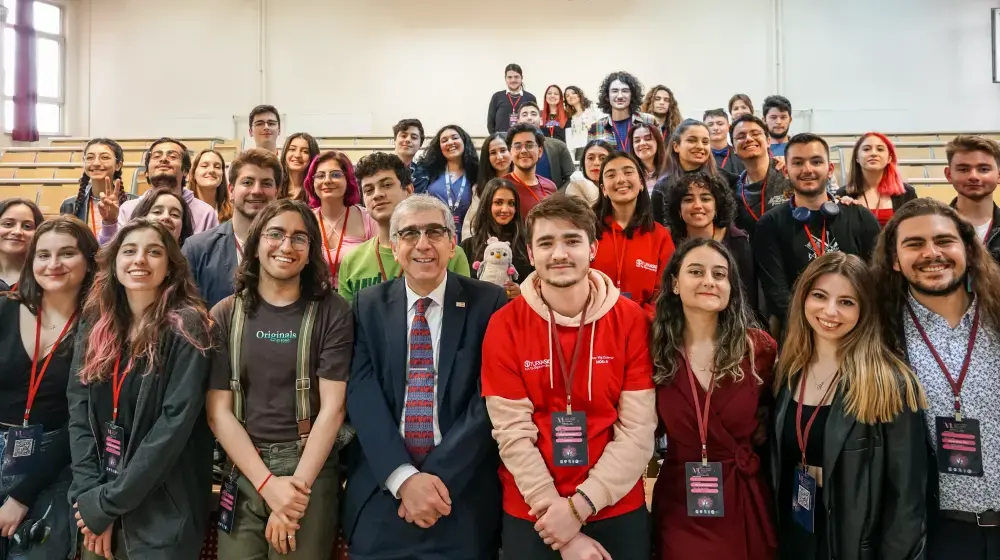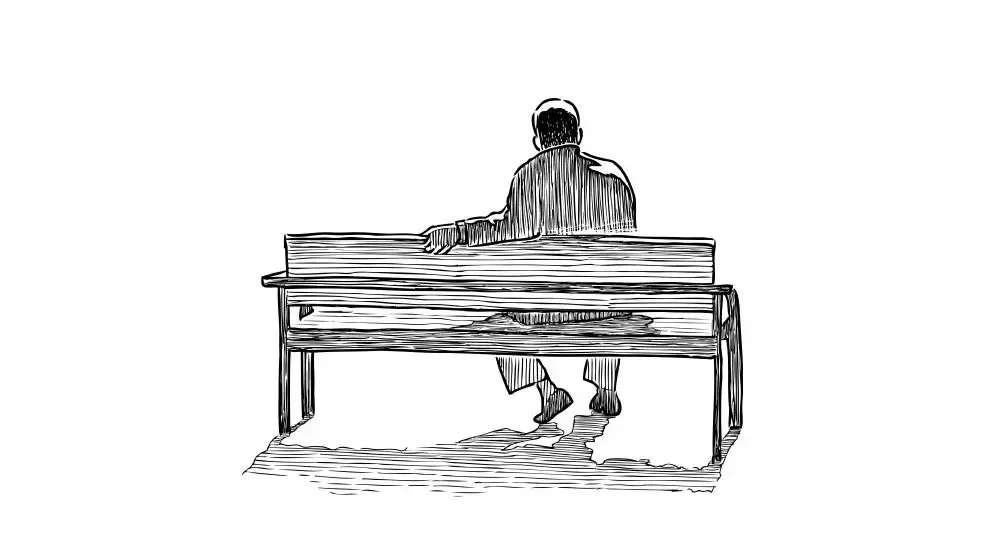Since the start of the Syrian war in 2011, more than 13 million people have been forcibly displaced. More than 6.5 million of them had to flee the country. While more than 200 thousand civilians have lost their lives, hundreds of thousands of people have been subjected to various types of violence. One of the common types of violence seen in conflicts is sexual violence. Sexual violence, which is both a human rights and public health issue, not only violates a person’s bodily autonomy but also causes trauma to physical and mental health. Through Men & Boys service units as part of the project funded by EU Humanitarian Aid, UNFPA Türkiye provides support for refugee men and boys who have been subjected to sexual violence and/or at risk of sexual violence.
TÜRKİYE – Mehmet had very difficult days while doing his military service in Syria in 2011. Even to this day, he still loses sleep over the things he witnessed and was exposed to. Mehmet’s story shows us the scars that discrimination and marginalization can cause.
Mehmet tells us that he was discriminated against due to his religious beliefs while doing his military service in Daraa, Syria. He stayed in a prison cell without a toilet for nine days. Mehmet says: “They were forcing us to go out and crawl on our knees wearing shorts in minus 3 degrees, and poured down iced water on us.” And he says that he continues to relive in his nightmares the violence he has been subjected to and that he has witnessed, even years later.
In the army, Mehmet saw women being raped. He was kidnapped by a terrorist organisation for six months. During this time, he was exposed to torture and witnessed physical and sexual violence against children. “I was almost executed for trying to help a child” he says, adding that “The thing that I resent the most was that my hands were tied while all this was happening.”
The young man, who migrated to Türkiye in 2012, is 30 years old today. He could tell neither his spouse, nor his father those memories that he still loses sleep over. He was about to reach a point where he couldn’t cope with all this on his own anymore when he crossed paths with UNFPA’s Men & Boys Service Unit in İzmir.
He initially went to the unit to receive legal counseling regarding the process of a lawsuit. Then decided to see the health counselor and the psychologist of the service unit and started receiving psychosocial support.
He says that he feels more relaxed now and is able to see ahead better, and adds: “What feels good is to be finally able to share the things that I have not been able to talk about with someone. I used to say, ‘why should I tell anyone,’ but I have experienced a different kind of care and approach; and I have noticed that talking about these things makes me feel better psychologically.”
Mehmet has started to regain self-confidence and communicate in a healthier way with his family and social surroundings. He has a message for survivors of violence like himself: “Never lose hope.”
Men & Boys service units, which are operated by UNFPA Türkiye in collaboration with Positive Living Association and funded by EU Humanitarian Aid, aim to provide support for refugee men and boys like Mehmet who have been subjected to sexual violence and/or at risk of sexual violence.
At the service units, case management for sexual violence, psychosocial support, legal counseling, referral to external services, accompaniment and similar protection services are provided, and awareness-raising activities are organized. Service units are designed as safe spaces and aim to reach thousands of people in need through outreach work. At the EU-funded service units, sexual and reproductive health services are provided as well with the financial support from the Government of the US as part of a holistic approach.





